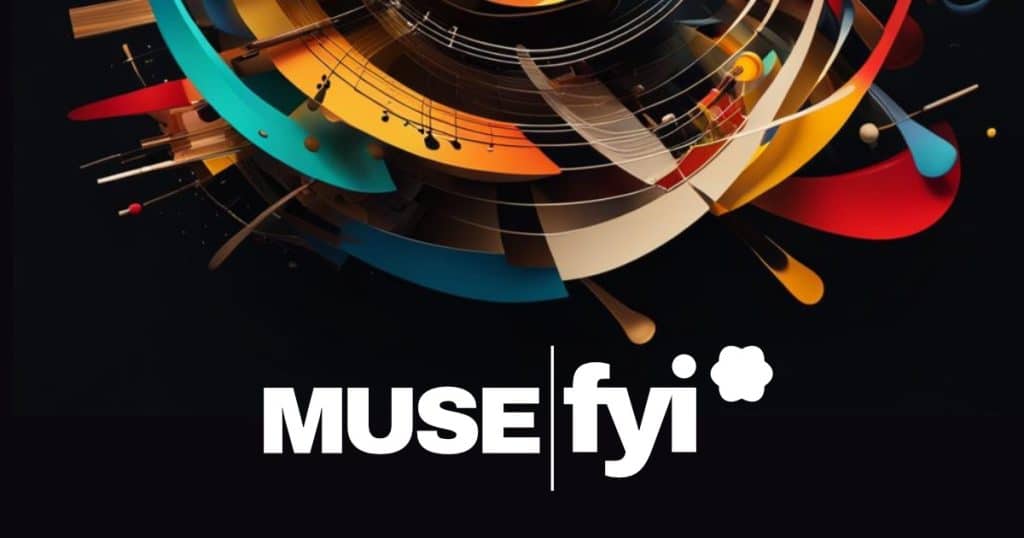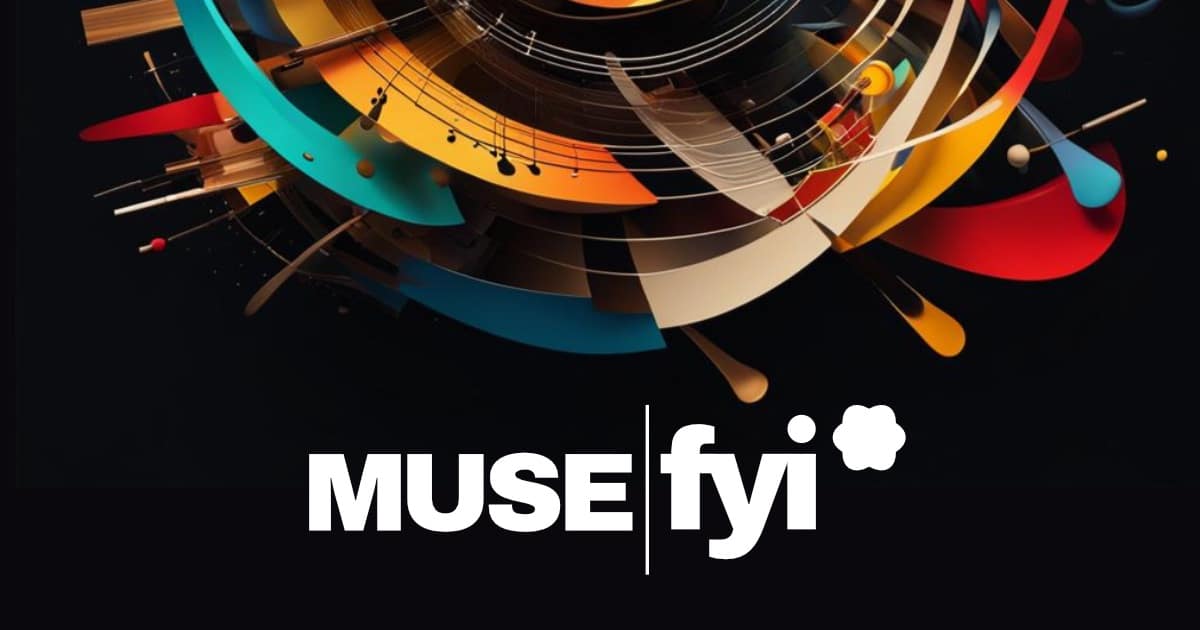AI and Music: The Future of Creativity, Legal Implications, and Tools
Artificial intelligence (AI) is transforming the music industry, enabling musicians, producers, and individuals to create, remix, and enhance music in ways previously unimaginable. However, using AI to create music raises several important questions about the ethical and legal use of existing copyrighted material. As AI algorithms are trained on vast datasets, including copyrighted music, concerns arise over the possibility of generating compositions that inadvertently infringe on existing copyrights. Therefore, clear guidelines and regulations are essential to ensure the fair and legal use of AI in music.
This article explores how AI works in music, its potential legal implications, the software available, and how individuals and businesses can benefit from these innovations.
How AI Works in Music
AI in music primarily uses deep learning and machine learning techniques to analyze existing musical data and generate new compositions. AI algorithms are trained on large datasets that encompass various genres, styles, and elements of music, such as rhythm, harmony, and melody. By analyzing patterns within this data, the algorithms can replicate or create new compositions that mimic specific styles or generate completely novel arrangements.
Composition and Originality

AI-generated compositions can take two forms:
- Combinatorial Creation: AI recombines existing musical elements in new ways, often producing compositions that resemble known styles or genres.
- Innovative Generation: AI can develop entirely new musical patterns and ideas, expanding the boundaries of musical creation.
This raises questions about originality and copyrightability. Typically, copyright law grants protection to human creators, which makes it unclear whether AI-generated compositions are eligible for copyright protection when AI is the sole creator. This issue underscores the need for updated legal frameworks to determine ownership, authorship, and fair use principles for AI-generated works.
Legal Implications and Copyright Concerns
The legal implications surrounding AI-generated music are complex, especially concerning copyright and intellectual property rights. Currently, copyright law offers protection to works created by human authors. But when AI autonomously creates music, determining authorship becomes challenging.
Ownership and Attribution
One proposed solution is to attribute copyright ownership to the human developers or trainers who design and train the AI systems. Alternatively, some suggest treating AI as a legal entity that can hold copyrights, although this idea is still controversial.
Fair Use and Licensing
Another key issue arises when AI systems are trained on copyrighted music. These systems could generate compositions that closely resemble existing works, potentially leading to copyright infringement. To address this, licensing agreements or fair use principles must be clearly established to ensure that AI-generated music respects the intellectual property rights of original creators. Musicians and composers must be fairly compensated when their works are used to train AI systems.
How Musicians, Producers, and Businesses Can Benefit from AI
AI technology presents significant opportunities across the music industry. Here’s how different stakeholders can benefit:
1. Musicians and Composers
- Enhanced Creativity: AI can act as a creative partner, generating new musical ideas, suggesting harmonies, or helping with complex arrangements. This can speed up the creative process and lead to innovative compositions.
- Real-Time Collaboration: Tools like Magenta can generate music in real-time, allowing musicians to incorporate AI into live performances or improvisational setups.
- Expanded Musical Styles: By experimenting with AI-generated compositions, musicians can explore new genres and break away from their traditional styles.
2. Producers and Content Creators
- Efficient Workflow: AI-driven platforms allow producers to generate background music, beats, or even full compositions in minutes. This can streamline music production, enabling faster turnarounds for commercials, social media, or podcasts.
- Cost-Effective Production: AI tools provide a cheaper alternative to hiring session musicians or composers, particularly for small-scale content creators or independent artists.
3. Businesses and Brands
- Custom Soundtracks: AI-generated music allows businesses to create bespoke soundtracks for marketing campaigns, advertisements, or brand videos. Tools like Soundful provide businesses with licensing options for monetized content, ensuring that they can legally use AI-generated music across various platforms.
- Consistency: Businesses can create consistent brand sounds, using AI to generate background music that aligns with their brand identity and messaging.
4. Individuals and Hobbyists
- User-Friendly Tools: AI-powered platforms are often designed with accessibility in mind, allowing individuals with little to no musical training to create professional-sounding tracks for personal projects or content creation.
AI Music Software Roundup
Several AI-powered music platforms are available for musicians, producers, and businesses. Here are a few noteworthy examples:
1. Soundraw
Soundraw uses deep learning to generate music tracks based on user-defined parameters such as mood, tempo, and instrumentation. With an intuitive interface and integration with digital audio workstations (DAWs), users can export and edit the generated tracks for further refinement.
2. Soundful
Soundful generates music using neural networks, offering customizable compositions across various genres. It provides options for exporting tracks in stems, MIDI, MP3, and WAV formats, making it a versatile choice for content creators who need music for social media or commercial use.
3. Magenta (by Google Brain)
Magenta focuses on AI and creativity, offering a suite of tools for real-time music generation, MIDI-based models, and neural networks. Its open-source nature fosters collaboration within the music community, allowing artists to share, remix, and develop new musical ideas using AI-generated melodies, harmonies, and rhythms.
4. OpenAI’s MuseNet
MuseNet is capable of generating complex compositions across a wide range of genres. From classical to pop or jazz, MuseNet analyzes patterns in music to create intricate and expressive compositions. It’s a popular tool for composers looking to explore AI’s capabilities in crafting orchestral and multi-instrumental pieces..
The Future of AI in Music
The future of AI in music holds immense promise, with algorithms capable of generating original compositions, assisting musicians in the creative process, and revolutionizing how we experience music. However, clear legal frameworks must be developed to address ownership and fair use, ensuring that AI technology benefits everyone in the industry.
By addressing these legal and ethical challenges, the music industry can harness the full potential of AI while safeguarding the creativity and rights of human musicians.
FAQs
Frequently Asked Questions
Q: What are Stems in digital music production?
Stems refer to individual audio tracks or components of a song that are separated for flexibility in mixing and mastering. These tracks can include vocals, drums, or instruments, allowing for greater control during post-production.
Q: Can AI Music Be Copyrighted?
Yes, AI-generated music can be copyrighted, but the rules vary by country. Generally, if a human plays a role in curating or guiding the AI’s output, they can claim copyright. However, it’s advisable to consult legal experts for specific guidelines based on your jurisdiction.
Q: What AI music software is available?
Popular AI music software includes Soundful, Magenta, MuseNet, Soundraw, and Amper Music, offering tools for music generation, composition assistance, and customizable tracks


Leave a Reply
You must be logged in to post a comment.